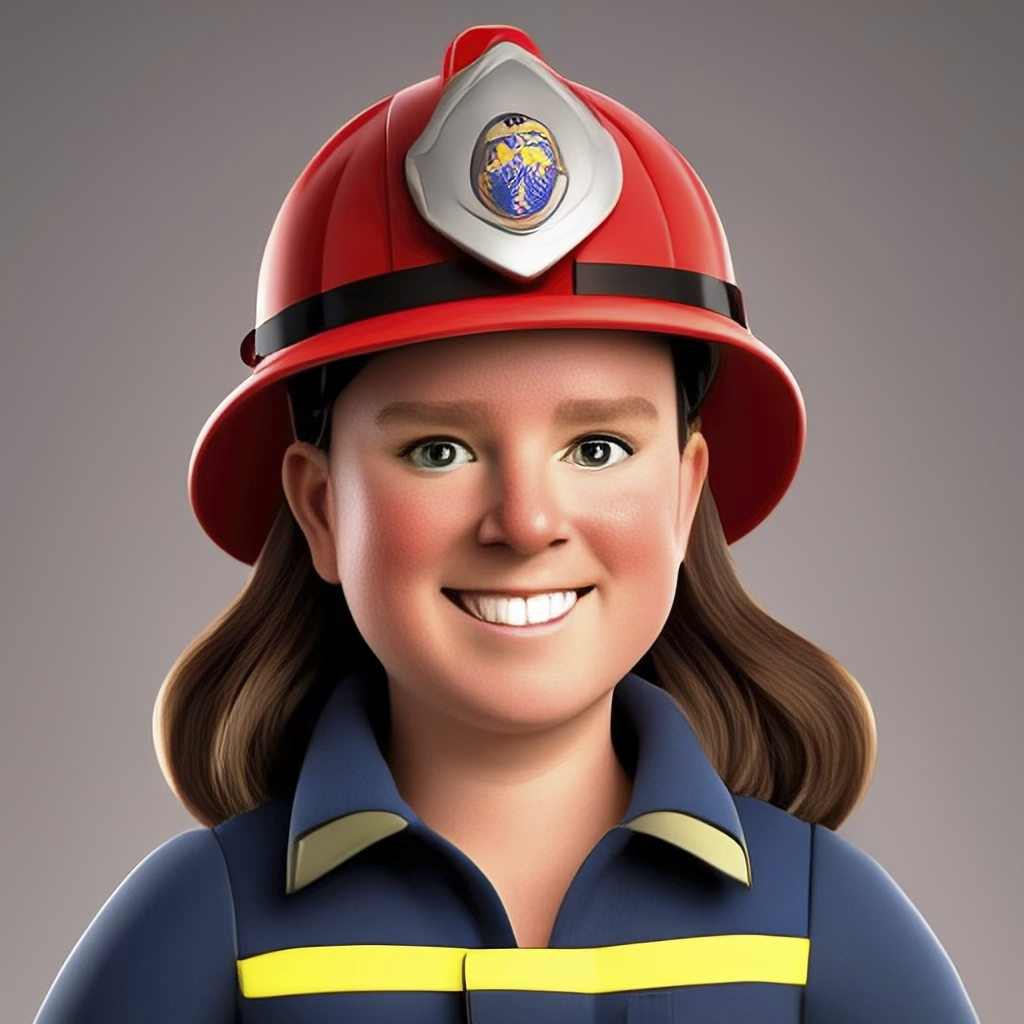When I was a teenager, I discovered the roof of my parents’ house wasn’t just made of shingles and nails—it was made of silence. It was made of peace. It was the only place I could go where the rest of the world couldn’t follow, and more importantly, wouldn’t try.
It started the way most secrets do—quietly. One day, I realized that if I opened my bedroom window, and stepped out just right, I could sit on the edge of the world. I didn’t tell anyone. I never brought a book, never took my diary. I didn’t go up there to do anything—I went up there to not do. To not listen, not answer, not perform. To just be still in a way that made sense only when surrounded by sky.
The roof wasn’t safe in any traditional sense. The slope was just steep enough to command respect, the edge always a dare. But it was mine. I’d step out when the house felt too crowded or when my thoughts grew so loud they couldn’t be contained between four walls. I didn’t need a reason—being born different to parents thirty years apart, who never got along, was reason enough. At that age, everything feels like it’s pressing in too close, and nothing feels like it’s really yours. The roof changed that. It didn’t belong to them. It belonged to me.
I would sit there for hours, watching the sky change color in slow motion—blue to gold, gold to bruised purple, until stars began to appear like pinholes punched through a paper sky. Sometimes I counted them. Sometimes I didn’t even look up. Sometimes I cried, not because anything had happened, but because I could finally do so without anyone asking what was wrong. And sometimes I just breathed. Long, deep, unscripted breaths—something I didn’t even realize I’d forgotten how to do until I was up there.
There was no noise from the house that could reach me. Not the muffled arguments. Not the phone ringing off the hook. Not the fake laughs that echoed off the walls, and never quite made it to the eyes. It all stayed below. The roof was above it—not just in height, but in spirit. It had a way of reminding me that I was temporary, and so were my problems. That the world was so much bigger than a bad day, or a test I didn’t ace, or a friend who stopped calling without warning.
I didn’t go up there to rebel, though I’m sure that’s how it would’ve looked if anyone had found out. I went up there because I needed to be unreachable, unfixable, uninterpreted. There’s something oddly powerful about creating a space that no one knows exists. It’s like carving out a corner of the universe and stamping your name on it in invisible ink. No one can take it from you, because they don’t even know it’s there.
I recently went back to visit my mom and my best friend—two people who exist at opposite ends of the emotional spectrum, yet somehow keep drawing me back to the same place. It was the town I once called home, though calling it that now feels a bit dishonest. What I return to is a collection of rooms filled with old memories and furniture that hasn’t moved since I was in braces and combat boots. It smells like dust and denial. I stay in my childhood bedroom because part of me still needs to—like I’m performing some emotional archaeology, trying to excavate what’s left of the girl who used to sit up late listening to the Indigo Girls, reading Sylvia Plath, and hoping no one would knock on the door.
I stay, mostly, for the sake of nostalgia—and maybe, if I’m being brutally honest, to brace myself for the grief I know is coming. My mother’s health is declining. Her memory is becoming more distant. She’s sharp some days, then vacant the next, like someone keeps flicking the lights on and off inside her head and she’s just too proud to admit she can’t find the switch.

But it’s my best friend who keeps me tethered. She’s been there since before the world turned complicated. Seeing her is like flipping through a photo album where the pages come alive, except the people in the pictures are still right there, sharing your fries, and finishing your sentences. She gets me in that deep-code way—the kind of friend who doesn’t need subtitles.
The visit was mostly uneventful, until it wasn’t. There was a moment—a conversation I wasn’t supposed to hear. One of those careless, half-laughed disclosures tossed out like an empty can. My mother was speaking to someone—god only knows who—and I caught her say, “You know my daughter Emily was born genetically female despite having a penis. And she thinks this is cool. Would you think that being born like that would be cool? Apparently she thinks it is.”
I do think it’s cool. In fact, I think it’s very cool. And yet, feeling those words being spoken over the phone hurt. It always hurts. No matter how strong you are, no matter how solid your foundation, there’s something uniquely cutting about being reduced to a punchline by someone who was supposed to protect you, but never did. My parents were never there for me. My mom even sat quietly in the living room when my father kicked my door down, and then beat me for bringing another girl home to meet them. This time, he did it in clear view of the girl, leaving us both traumatized.
That’s the curious thing about returning home. You go back hoping maybe—maybe—the air will smell sweeter, the memories less sharp, the voices kinder. But often, what you find is that the furniture stayed the same because the part of yourself you left behind did, too. And maybe that’s the real heartbreak. You grow. You fight. You change. And then you go back and realize that while everything in life has changed drastically, some things haven’t moved an inch.
If I could go back and talk to the girl I was, sitting cross-legged up there with the wind pulling her hair every which way, I wouldn’t offer advice. I wouldn’t tell her it gets better. I’d just sit beside her. Quietly. Respecting the silence. Knowing some things in life, the things that matter, don’t need to be said to be understood.
These days, when the world begins to press in, I slowly drive my truck down the familiar gravel drive that snakes around the garage toward the ranch-style farmhouse. The sky opens wide over our ten acres, the pines lining the property, and the air greets me with a stillness that reminds me everything can wait. And it does. Out here, everything waits. Time doesn’t rush. The fields don’t shout. Nothing demands. Nothing interrupts. It’s a place that’s always been paused, quietly holding its breath, patiently expecting my return.
When I was a teenager, I thought peace had to be stolen in moments—clawed out of chaos, and claimed in secret places like the roof of my parents’ house. Now, peace meets me at the front gate. It lingers in the rusted metal of the porch rail I will eventually end up fixing myself, in the scent of the earth after a hard rain, in the sound of Amelia thinking out loud softly in the kitchen as she pours a glass of iced tea she probably will forget about, and won’t finish. The kind of comfort I used to chase upward is now something I live inside of.
There’s no need to climb for solitude. It’s stitched into the land out here. In the low thrum of frogs in the evening, in the way the mist rises off the fields at sunrise, in the early morning silence when there’s sunlight on my bed. I don’t have to escape to find stillness—I just have to come home. The quiet is built into the foundation now.
Amelia understands this without words. Besides my best friend Darlene, she’s the only other person I’ve ever known who doesn’t ask me to explain my silences. Amelia and I share them like blankets—folded between us, comforting but unspoken. Sometimes we don’t talk for hours, and still I’ve never felt more heard. We’ve built something together, not just a home, but a refuge. A place where neither of us has to vanish to be ourselves. We’re simply allowed to be.
There’s a rhythm to this life that suits me—the steady cadence of chores, the soft punctuation of birdsong, and windchimes, the occasional reminder that the world may be a mess but this little patch of it is mine. I mow my own lawn. I fix what breaks. I paint my nails blue because I like the way it looks when my hands are covered in grease, or dirt.
Sometimes I think about that roof and the girl I used to be—legs dangling over the edge, heart full of questions no one dared to answer. I used to think she was lonely. But now I understand she was just waiting. Waiting for a life she didn’t know she was slowly building every time she refused to give up.
She couldn’t see this place back then—couldn’t imagine a home that felt like an exhale, or a partner who would love her without caveat. She couldn’t picture a life where comfort wasn’t a secret to be stolen in high places, but a daily ritual that began with black coffee and the morning sun filtering through farmhouse windows. But she climbed anyway. She kept going. And now I get to live the reward she never stopped hoping for.
Coming home doesn’t feel like returning to a place. It feels like returning to myself. The porch light’s always on. The house smells like cedar and coffee and quiet forgiveness. Nothing needs fixing. Nothing needs fleeing. I am no longer a girl on a roof, hiding from the world. I am a woman on the ground, rooted, steady, seen.
And here’s the truth I carry now—peace isn’t found in the escape. It’s found in the place you no longer need to run from.
(Welcome home, rescue girl. You made it home safely.)
This was written at a time when I still believed in her. I no longer do. Some friendships end not with silence, but with betrayal. She tried to break something sacred. She failed. I survived. And so this post stands, not for her—but for the part of me that loved without regret.
(May 14, 2025)









Leave a Reply